Pharmacological properties
Biogenic drug with prostatoprotective effect. reduces edema and leukocyte infiltration of the prostate gland, improves microcirculation, has a positive effect on the functional activity of spermatozoa. stimulates the humoral link of immunity and nonspecific resistance of the body. corrects the process of antibody formation and stimulates the activity of neutrophils. has an anti-inflammatory effect; affects the tone of the bladder muscles, including the tone of the detrusor.
Indication
Prevention and treatment of chronic prostatitis, benign prostatic hyperplasia, age-related dysfunction of the prostate gland, complications after operations on this organ, urination disorders, sexual dysfunction, male infertility, thrombophlebitis, hemorrhoids.
Application
1 suppository is administered deep into the anus 1-2 times a day (morning and evening) for 5-10 days. The duration of the treatment course is determined individually.
Contraindication
Hypersensitivity to the drug.
Side effects
Not detected.
Interactions
Missing.
Storage conditions
In a dry, dark, cool place.
Current information
General information about the drug
Prostatilen is a peptide complex containing an extract of the prostate glands of sexually mature bulls, which is used in the complex treatment of urological diseases in men. It is effective in the treatment of chronic prostatitis, prostate adenoma, and is also used in the treatment of complications after prostate surgery. In addition, Prostatilen is successfully included in the treatment of male infertility, sexual disorders and urination disorders associated with the above diseases.
It is believed that Prostatilen has prostatoprotective and anti-inflammatory properties, reduces the phenomena of edema and infiltration of the prostate gland. Prostatilen improves the functioning of the humoral immune system, affecting the production of antibodies, increases the antimicrobial activity of neutrophils and nonspecific resistance. It also has a positive effect on microcirculation, hemostasis and sperm activity. Prostatilen has the ability to normalize the antioxidant – prooxidant balance in prostate tissues, reduce the level of glutathione peroxidase and reduce the content of POL products (Belostotskaya LI et al., 2005). The beneficial effect of the drug on the muscles of the urinary bladder has also been noted. The possibilities of using this drug as a geroprotector are being studied. At the same time, it can be used to treat patients of any age (Khavinson V.Kh. et al., 2014).
Research. Studying the effectiveness and safety of the drug
A number of studies have been devoted to the study of the therapeutic efficacy of Prostatilen. Thus, clinical studies of this drug were conducted in 37 and 15 patients with chronic prostatitis and prostate adenoma, respectively. The course of treatment led to a decrease in the severity of symptoms of algesia and dysuria, and improvements in sexual function and spermatogenesis were also noted. According to the results of the course of treatment, the uroflowmetric index increased, while the amount of residual urine and leukocytes in the prostate secretion decreased. The drug demonstrated antibacterial and immunomodulatory effects in the absence of adverse reactions. Scientists concluded that Prostatilen should be prescribed for chronic prostatitis, stage I prostate adenoma, normospermatogenic infertility, interoceptive copulatory dysfunction, and dysuria. And the drug was recommended for clinical use (Vozianov AF et al., 1991).
The use of prostatilen in the complex therapy of male infertility was also proposed . In an experimental model on rats, it was found that the drug has a stimulating effect on spermatogenesis and androgenic function of the testicles. This drug, apparently, corrects the androgen-estrogen balance in the body of experimental animals. Therefore, prostatilen can be clinically effective for stimulating spermatogenesis in infertility and hypoandrogenization. In addition, correction of the level of androgens when using it can contribute to the improvement of sexual function in its violation (Boiko MI, 1995).
Prostatilen in the treatment of chronic prostatitis
Prostatitis is a condition in which the prostate gland becomes inflamed. The prostate gland is a walnut-sized reproductive gland that in men is located below the bladder. Part of the urethra (urethra) passes through the prostate gland. The prostate gland secretes some of the seminal fluid, but it is not necessary for sexual function. It secretes a watery, opalescent fluid that enters the urethra. Inflammation of the prostate gland (prostatitis) can be caused by a bacterial infection or have no specific cause. The duration of the disease can vary from a few weeks to decades (in chronic conditions). Prostatitis is divided into several types depending on the cause, duration, and symptoms.
Patients with prostatitis often experience pain in the lower abdomen or back. Frequent urination, difficulty urinating, dysuria, and blood in the urine (hematuria) may also occur. Other symptoms may include sexual dysfunction, pelvic pain, fatigue, depression, and general malaise. Symptoms of chronic prostatitis also include perianal discomfort, pain on the inner thigh, aching or pulling pain above the pubis or in the perineum, and possible staining of semen in a yellow or brown color. Prostatitis is usually diagnosed by urine and urethral swab tests, palpation of the prostate, and ultrasound imaging.
Prostatitis is most common in young and middle-aged men, although it can occur in men of any age. Men with urinary tract infections, urinary tract abnormalities, or previous lower abdominal surgery are at risk for this condition. Other known risk factors include stress, irregular sexual activity, anal sex, dehydration, and pelvic trauma. Complications of prostatitis include infertility and urinary incontinence. It is also important to note that prostatitis does not lead to prostate cancer.
Treatment of prostatitis depends on the specific clinical situation. Anti-inflammatory, antibacterial agents and even muscle relaxants can be used; the doctor may recommend prostate massage. A special place in the therapy of prostatitis is occupied by peptide drugs, such as Prostatilen, which have a wide spectrum of action.
The effect of prostatilen on hemostasis was studied in 120 intact rats and 240 rats with chronic prostatitis, as well as in 34 patients with chronic prostatitis. In intact rats, hemostatic mechanisms were inhibited and fibrinolysis was activated against the background of prostatilen administration. Experimental chronic prostatitis in rats causes a tendency to hypercoagulability. Hemocoagulation parameters in experimental animals with chronic prostatitis normalized after a 5- and 10-day course of prostatilen administration. A single administration of prostatilen was ineffective. As for patients with chronic prostatitis, normalization of blood circulation, platelet-vascular hemostasis mechanism, and activation of fibrinolysis were also found. The therapeutic effect of prostatilen did not depend on the stage of the disease. Normalization of hemostasis, apparently, is one of the factors of the therapeutic efficacy of prostatilen in chronic prostatitis. This drug is recognized as effective as a pathogenetic treatment for this disease (Al-Shukri S.H. et al., 1997).
In 2004, a study was conducted on the possibility of using Prostatilen in patients with chronic prostatitis complicated by disorders of reproductive and sexual function. It was found that the drug has anti-inflammatory, antibacterial, immunomodulatory activity; improves the process of urination and stimulates reproductive and sexual function (Boiko MI, 1995).
The therapeutic efficacy of prostatilen in the treatment of chronic prostatitis complicated by other urological diseases was established. Thus, prostatilen was prescribed to 1115 patients with chronic pyelonephritis and prostatitis. In this clinical study, it was found that prostatilen has a corrective effect on hemocoagulation and immune disorders, restores microcirculation, suppresses inflammation in the kidneys and prostate gland. Thus, prostatilen is a pathogenetically justified drug for the treatment of urogenital inflammation, while in chronic prostatitis it can be used as a basic therapy (Al`-Shukri S.Kh. et al., 2003).
Also, clinical studies have proven the effectiveness of the drug in the treatment of prostatitis complicated by sexual dysfunction. This drug has demonstrated not only anti-inflammatory, antibacterial and immunomodulatory properties, but also after its use it was found that patients recover generative and copulatory functions, and urination normalizes (Gorpinchenko II et al., 1991).
Urinary retention is one of the key symptoms of prostatitis, and patients often face this problem after surgical interventions in the perineum area.
In another study, the effect of prostatilen on the contractile ability of the smooth muscles of the bladder of Wistar rats (studied using myography) and the arterial vessels of the kidneys of cats (determined using resistography) was studied. As a result, it was found that prostatilen helps restore the function of urination in acute reflex urinary retention after operations in the anal sphincter area, as well as in the treatment of patients with chronic prostatitis. It was recorded that prostatilen has a contractile effect on the smooth muscles of the renal blood vessels in cats and the bladder wall in rats, and also increases the contractile activity of the smooth muscles of the human bladder. The results of the conducted experimental and clinical studies allow us to recommend the use of this bioregulatory drug for the treatment and prevention of urination disorders (Al`-Shukri S.Kh. et al., 1999).
In one of the clinical studies it was recorded that prostatilen helped to increase immunity in patients with chronic prostatitis, reducing the microbial index of pathogenic microorganisms of the secretion of the prostate gland. Based on the above, a new non-antibacterial strategy for the treatment of patients with chronic prostatitis was proposed. Namely: the appointment of prostatilen as monotherapy or in combination with immunomodulators and physiotherapeutic methods. Antibacterial therapy, according to the author, should be carried out for a short period and only during the period of exacerbation of the inflammatory process (Boiko MI, 1995).
Prostatilen in the treatment of benign prostatic hyperplasia (BPH)
Another common disease in which the appointment of Prostatilen may be indicated is BPH, or prostate adenoma. This is a very common condition in elderly men (Woodard TJ et al., 2006). In prostate adenoma, hyperplasia (an increase in the number of cells) of stromal and epithelial (glandular) tissue occurs in the periurethral (transitional) zone of the prostate (Kulai D.G. 2017). Unlike tumor growth, in BPH, multicentric proliferation (histologically determined by its nodule) occurs (Knyazyuk A.S., 2012). The main symptoms of BPH are various urination disorders. Patients often complain of frequent uncontrolled painful urges to urinate, including at night, and a weakening of urine pressure during urination (Dobrek l., Thor PJ, 2015).
Diagnosis of BPH includes palpation of the prostate, ultrasound, analysis of urethral swabs, general clinical tests, and may require examination with a cystoscope. Treatment includes not only medication, but also surgical intervention in cases of severe BPH.
A number of studies have been devoted to the use of prostatil in the treatment of BPH.
In a recent study conducted at the Department and Clinic of Urology of the First St. Petersburg State Medical University named after Acad. I.P. Pavlov, 96 patients with BPH aged 51-89 years participated. The therapeutic efficacy of Prostatilen was established, which consisted in alleviating the symptoms of infravesical obstruction in BPH, therefore it was concluded that the use of Prostatilen in the treatment of patients with initial or moderate subjective and objective symptoms is justified (Al`-Shukri S.Kh. et al., 2005). In another study conducted at the same institution, it was found that the course of treatment with Prostatilen, consisting of the use of three 15-day courses every 3 months, significantly reduced the severity of clinical symptoms of infravesical obstruction, as well as residual urine volume. The authors concluded that prostatilen suppositories can be used not only as an alternative to expensive drugs, but also in combination with them in the treatment of primary prostate adenoma (Al`-Shukri S.Kh. et al., 2006).
conclusion
Prostatilen is an effective drug for the treatment of many diseases of the genitourinary system in men, the most common of which are chronic prostatitis and BPH. Thanks to the different forms of release – suppositories and solution for injection, you can choose the method of using Prostatilen that will best suit the clinical situation and be comfortable for a particular patient. Peptide bioregulators, including Prostatilen, have a wide range of effects. They have a beneficial effect on immunity, hemostasis, and have an organoprotective effect. According to scientists, the use of peptide bioregulators is a promising direction in clinical medicine (Khavinson V.Kh. et al., 2014).


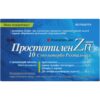

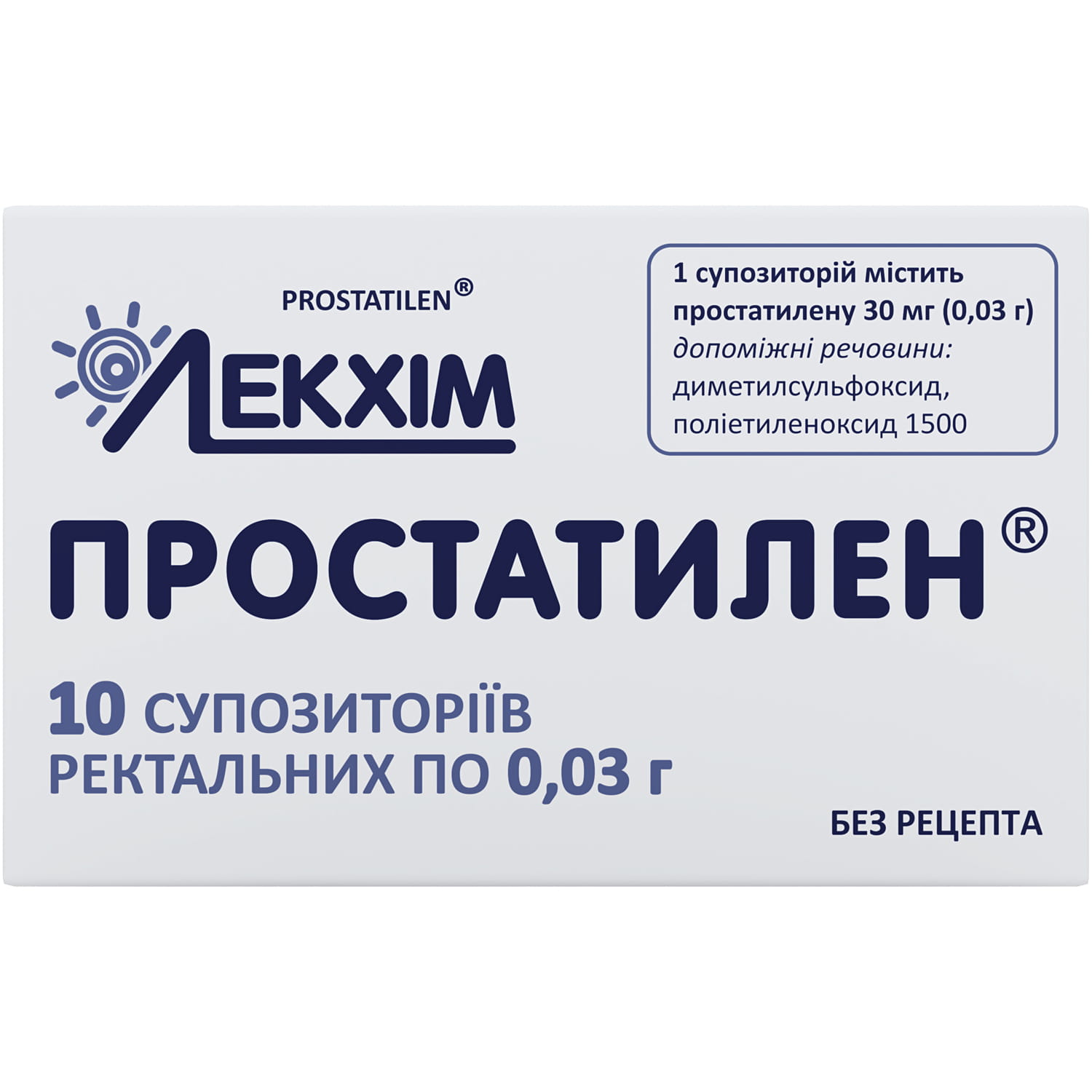
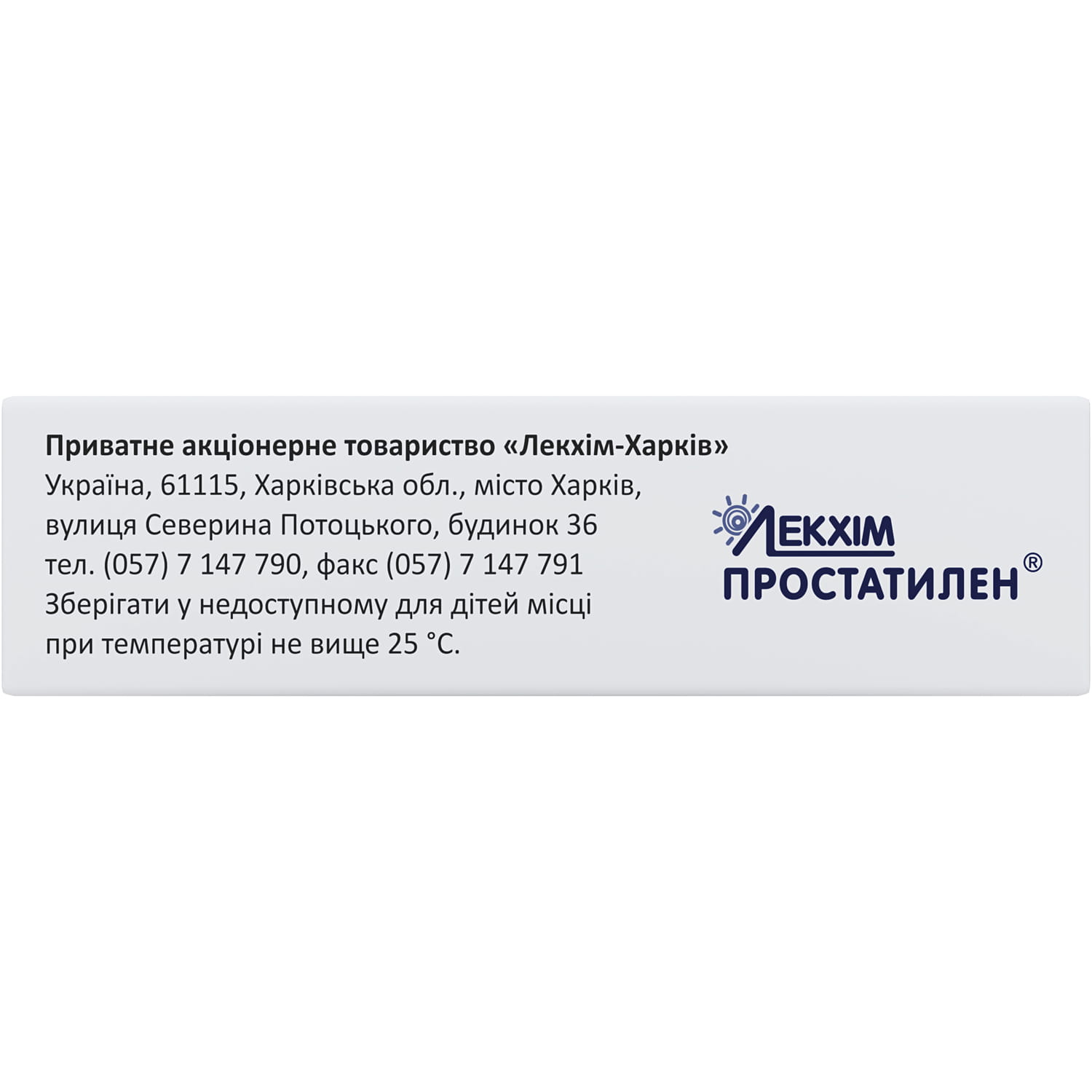
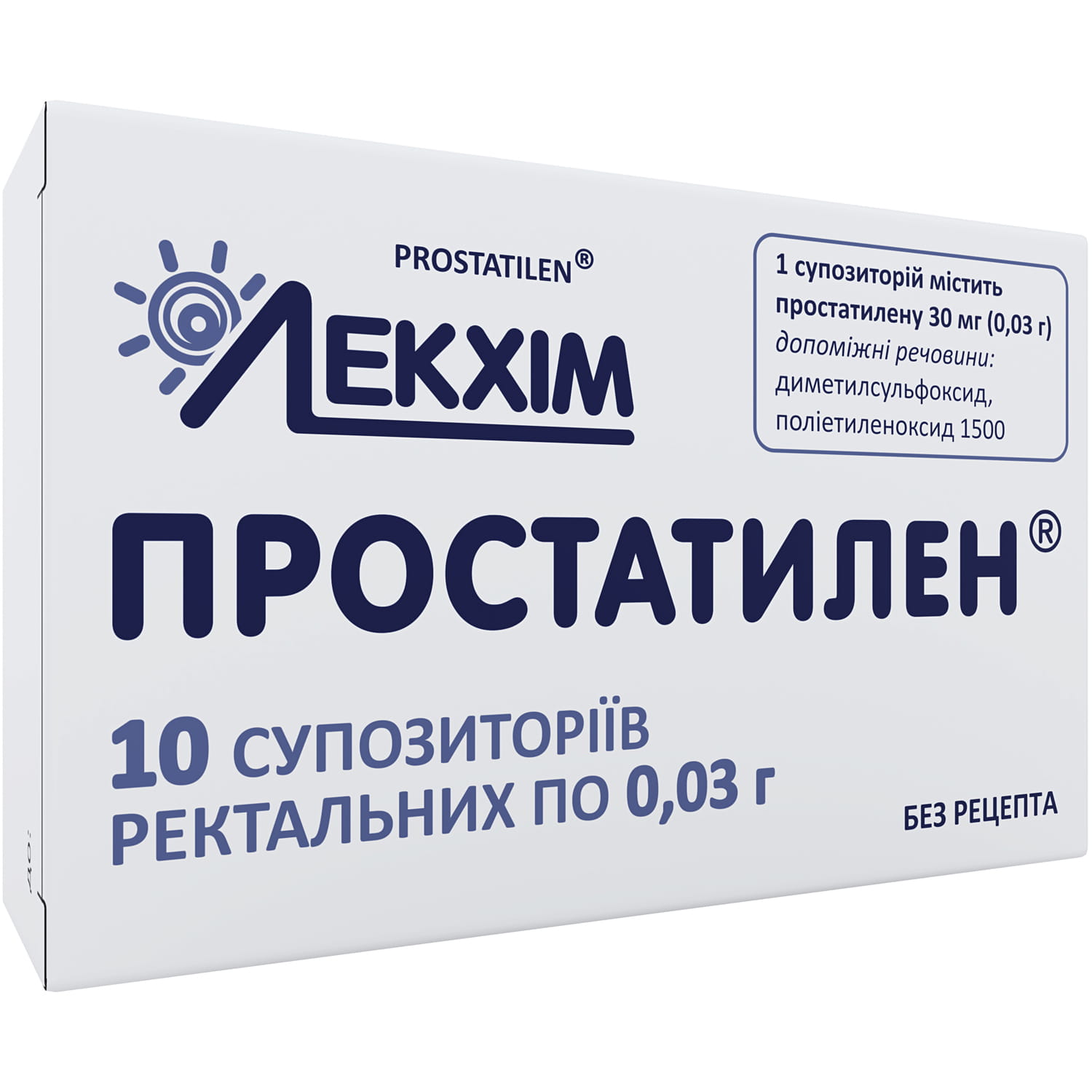

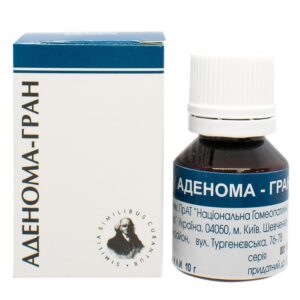
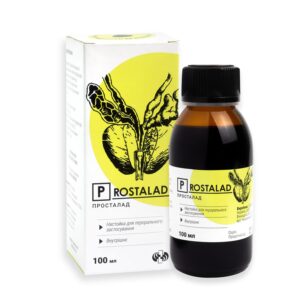
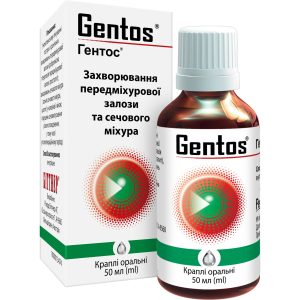
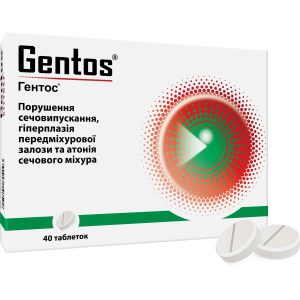
Reviews
There are no reviews yet.